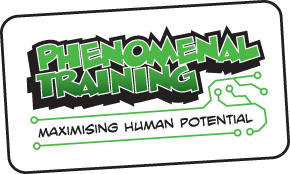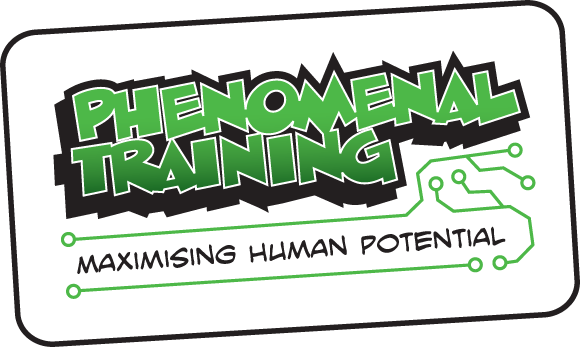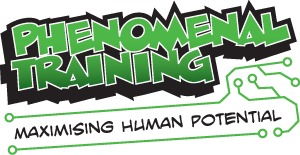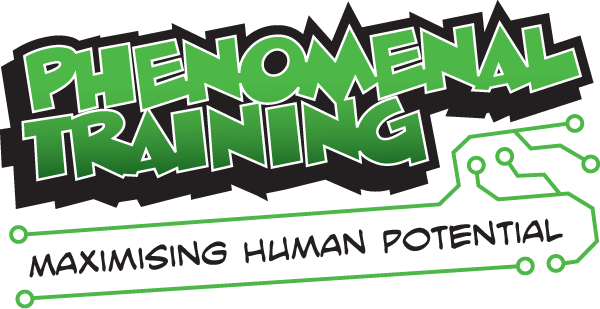This goes out to anyone who has ever experienced a sleepless night due to a crying baby. I received an email today with the pitch ‘see why the world fell in love with Lulla‘. The Lulla doll has become a worldwide bestselling baby product; it’s a soft technology solution for sleepless nights. It is game-changing in that it is designed to imitate ‘real closeness with another person’ throughout an 8-hour night.

laugh if you want, you’ll be seeing one of these at the school gates soon…
Had this been around four years ago I am sure I would have bought one for my newborn. I felt a range of emotions as I read the pitch: joy and nostalgia as I reflected on the past four years as a mother, yet also a shot of anxiety as I saw it through my new ‘robot lens’. As we increasingly use tech to resolve our species’ challenges, what could be some unintended consequences of optimising the basic elements of rearing our young?
We have always had comfort blankets and dollies that we animate, but something niggled me about the emphasis on the sensory features of Lulla. If the human can be so successfully imitated, what role for the real caregiver during the night? From an attachment perspective, how would I feel if my baby slept better alongside the artificial me compared to the real me? Along with my daughter’s Baby Annabel dolly (who is eerily responsive at times) today’s children are being raised with a Mixed Reality technology that is both helpful and unnerving. At what point does the unclosing eye of the dolly become scary? Robot designers call it the Uncanny Valley effect – explained on Wikipedia as ‘human replicas that appear almost -but not exactly- like real human beings, (can) elicit feelings of eeriness and revulsion…’
Soft tech devices like Lulla aim to enable us to be more successful at giving our newborns an optimum nights sleep. But is relentlessly optimal actually good for us all? I believe there is a link between increased automation and decreased human wellbeing. An article in the Guardian this week made the link between the pursuit of perfect success and the impact on child mental health.
Personal resilience is the skill that helps handle life’s pressures and increase a sense of wellbeing. I believe personal resilience is a skill we can be vaccinated for: we need to be safely exposed to a little bit of pressure to be able to handle big pressure when it is real. By administering vetted and controlled levels of the mad/sad/bad elements of real life to our kids, we instil the resource to cope later on in life when alone. So release the pressure of being a perfect parent. It is okay to be real – watching adults handle reality is how we role-model to the next generation how to do it – and it is okay to bring a conscious curiosity to the tech solutions designed to optimise our home life. If we can’t be the real us at home, then where is our safe space to just be?
Back to Lulla, it sounds like a wonderful product and I am not surprised it has been a global bestseller. I’m just curious as to the effects that new ‘imitation human’ tech solutions will have. I think the big dilemma is to select what to protect our children against and what to expose them to in this new Mixed Reality world we are entering. It’s enough to keep me awake at night.
The robots are coming… look busy!
Laura x




Leave A Comment